830-999-2783
Safe and Responsible Waste Disposal: Protecting the Environment and Our Health
Discover the importance of safe waste disposal methods to safeguard the environment and promote a healthier future.
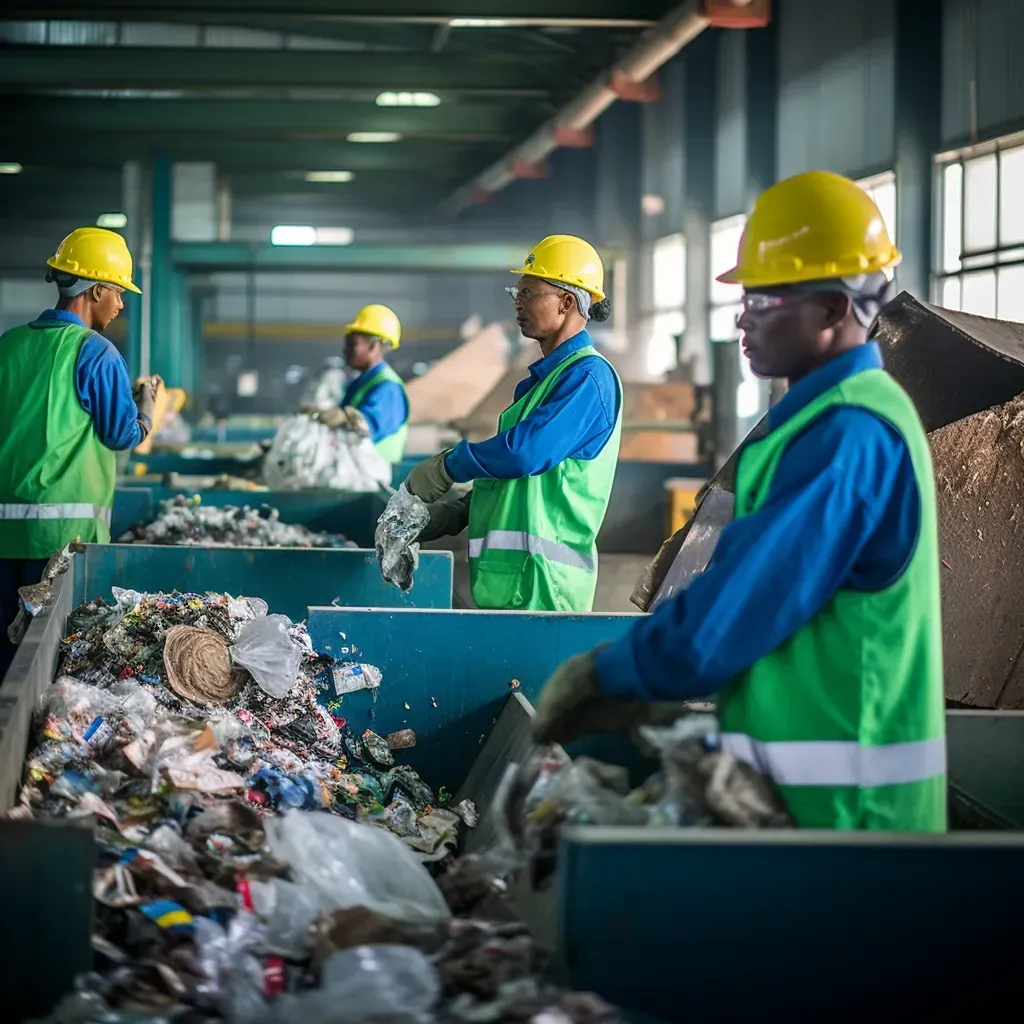
In today's world, proper waste disposal is crucial for preserving the environment and maintaining our health. Irresponsible waste management can lead to pollution, contamination, and various health hazards. In this blog post, we will explore the significance of safe and responsible waste disposal methods, providing essential information and practical tips to help you make a positive impact on the planet.
One of the primary reasons to prioritize safe waste disposal is to protect the environment. When waste is not handled correctly, it can contaminate water sources, harm wildlife, and contribute to air pollution. By adopting responsible waste disposal practices, we can minimize these adverse effects and preserve natural resources for future generations.
There are several safe waste disposal methods to consider. Recycling is an effective way to reduce waste and conserve valuable materials. By sorting recyclable items such as paper, plastic, glass, and metal, we can significantly decrease the amount of waste sent to landfills. Additionally, composting organic waste can help create nutrient-rich soil for gardening and agriculture, reducing the need for chemical fertilizers.
Another crucial aspect of safe waste disposal is proper hazardous waste management. Hazardous materials, such as batteries, paint, chemicals, and electronic waste, should never be thrown into regular trash bins. They require special handling and disposal to prevent contamination and potential health risks. Research local hazardous waste disposal facilities and follow their guidelines for safe disposal.
FAQ
How does reducing waste benefit the environment?
Reducing waste has several environmental benefits. First, it conserves natural resources by minimizing the extraction and production of raw materials. Second, it decreases the amount of waste sent to landfills, reducing the release of greenhouse gases and the potential for water and soil pollution. Finally, waste reduction promotes a circular economy, where materials are reused, recycled, or repurposed, leading to more sustainable use of resources.
What are some practical tips for reducing waste in everyday life?
There are many simple steps you can take to reduce waste. Some practical tips include carrying a reusable water bottle, coffee cup, and shopping bag; opting for products with minimal packaging or sustainable packaging materials; avoiding single-use items like plastic cutlery and straws; composting organic waste; and repairing or repurposing items instead of discarding them.
Is recycling alone enough to address the waste problem?
While recycling is an essential component of waste management, it's not enough on its own. Recycling requires energy and resources, and not all materials can be effectively recycled. To address the waste problem comprehensively, it's crucial to prioritize waste reduction and reuse, as well as recycling. By reducing consumption, reusing items, and making conscious purchasing decisions, we can minimize waste generation and maximize the efficiency of recycling efforts.
What is the role of businesses and industries in waste reduction?
Businesses and industries play a crucial role in waste reduction. They can implement sustainable practices by minimizing packaging, adopting circular economy principles, and promoting the use of eco-friendly materials. Furthermore, businesses can educate consumers about waste reduction and provide incentives for sustainable choices. By taking proactive steps, businesses can significantly contribute to reducing waste and creating a more sustainable future.
How can I encourage others to adopt waste reduction practices?
There are various ways to encourage others to embrace waste reduction practices. Lead by example and share your experiences and knowledge with others. Engage in conversations about the importance of waste reduction and the positive impacts it has on the environment. Use social media platforms or start a blog to raise awareness and provide practical tips. Additionally, consider organizing community events, workshops, or presentations to educate others about waste reduction. By spreading awareness and inspiring others, we can collectively create a culture of waste reduction and make a greater impact.
Are there any regulations or policies in place to support waste reduction?
Waste reduction is supported by regulations and policies at different levels, including local, regional, and national governments. These policies may include incentives for waste reduction, extended producer responsibility programs, landfill diversion targets, and restrictions on single-use plastics. Stay informed about waste management policies in your area and actively participate in initiatives and programs that promote waste reduction and sustainability.
Conclusion
Safe and responsible waste disposal is a collective responsibility that benefits our environment and health. By implementing recycling and composting practices, disposing of hazardous waste correctly, and being mindful of our everyday waste generation, we can make a positive impact on the planet. Let's join hands in adopting these sustainable habits and work towards a cleaner and healthier future for all.

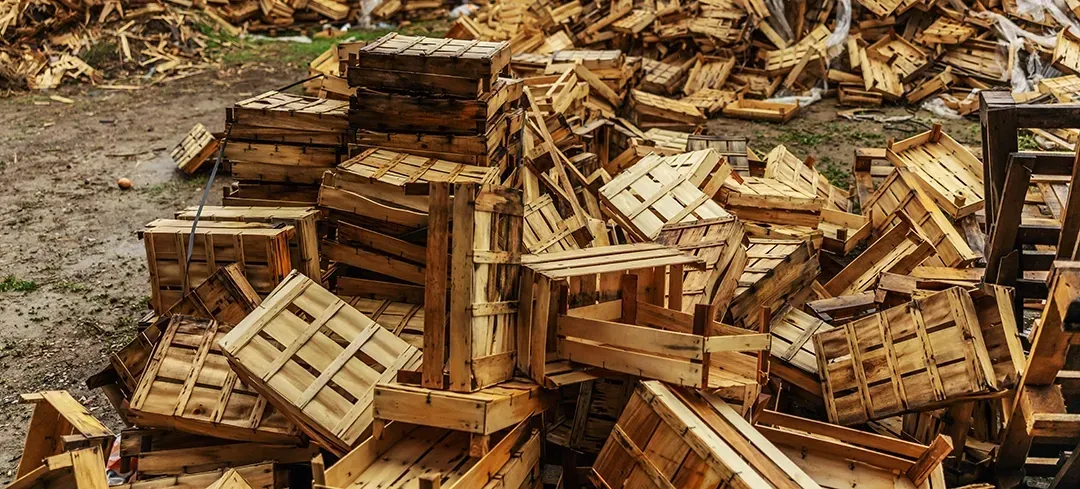
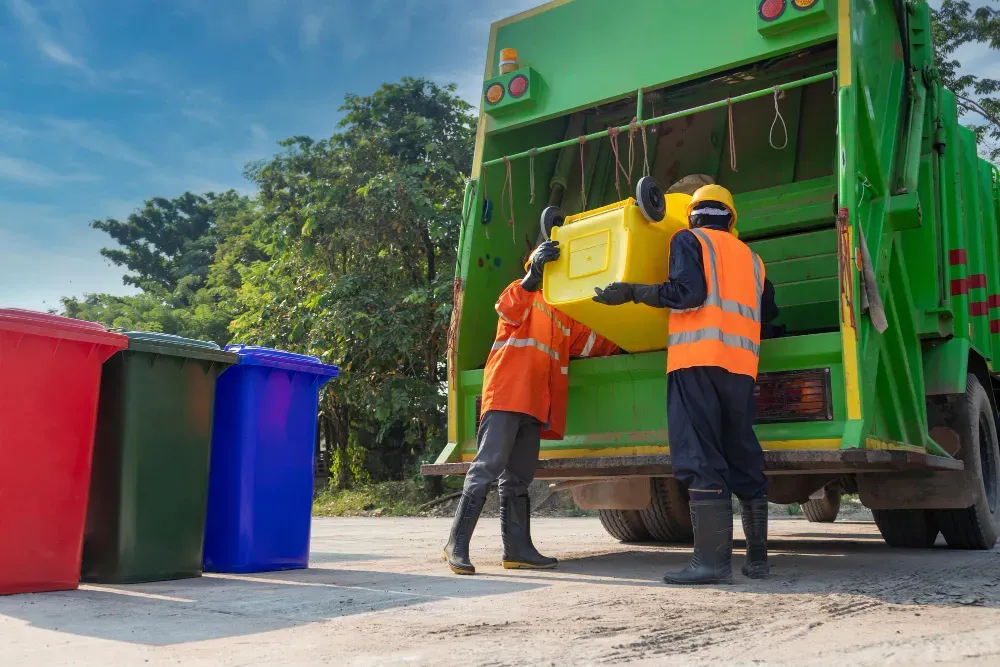
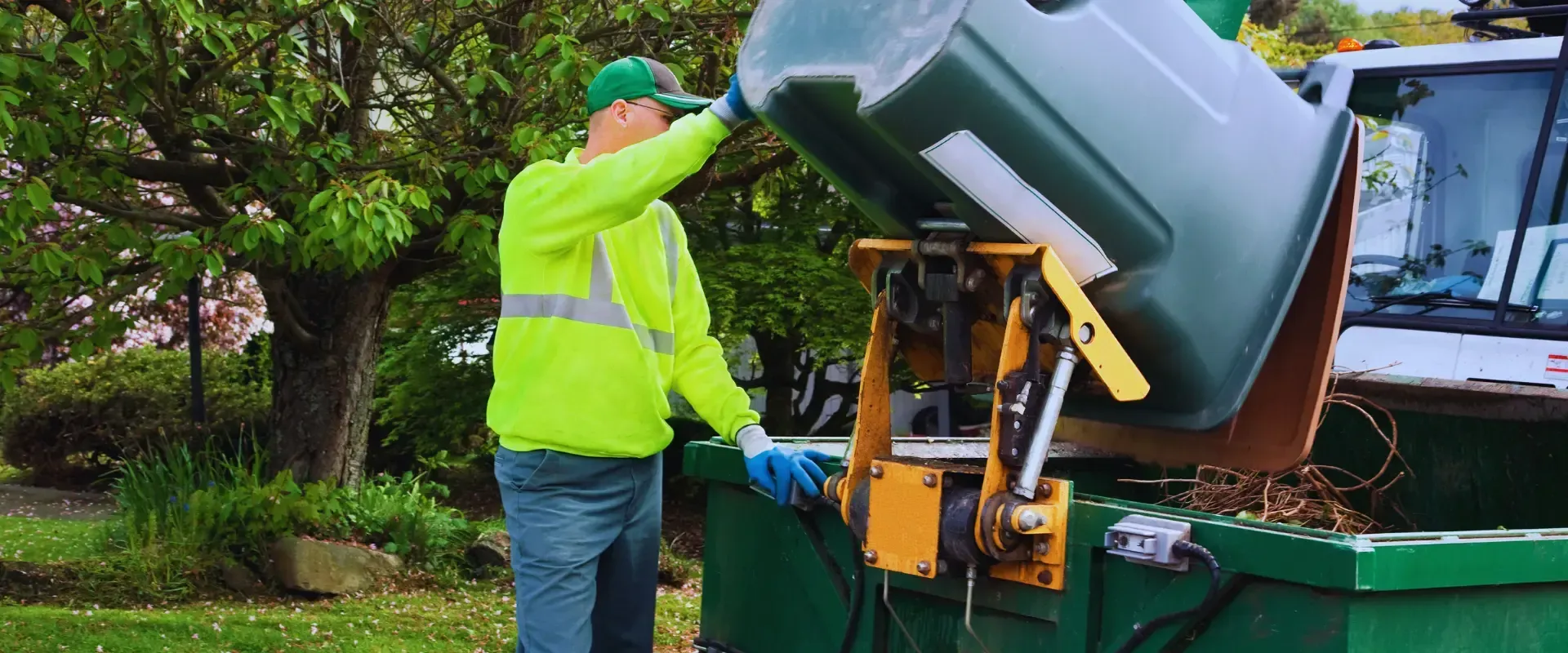
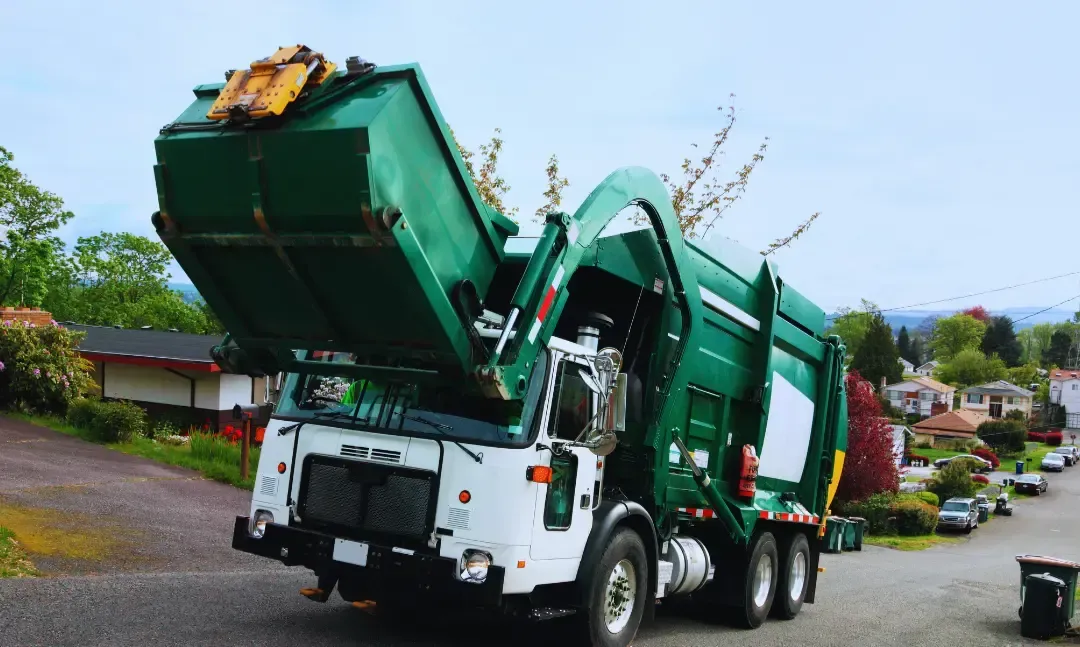
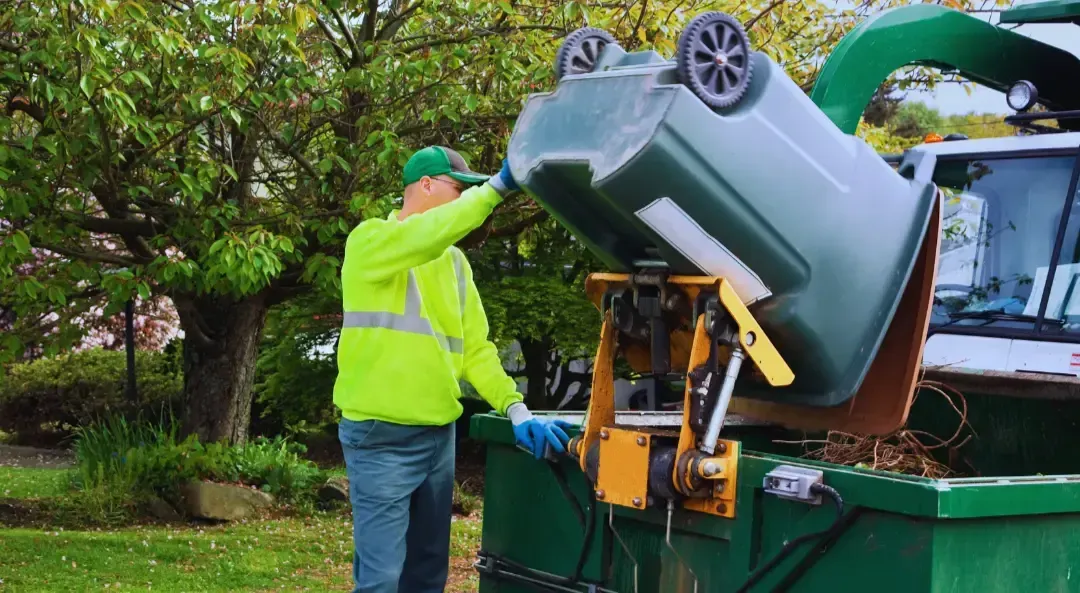
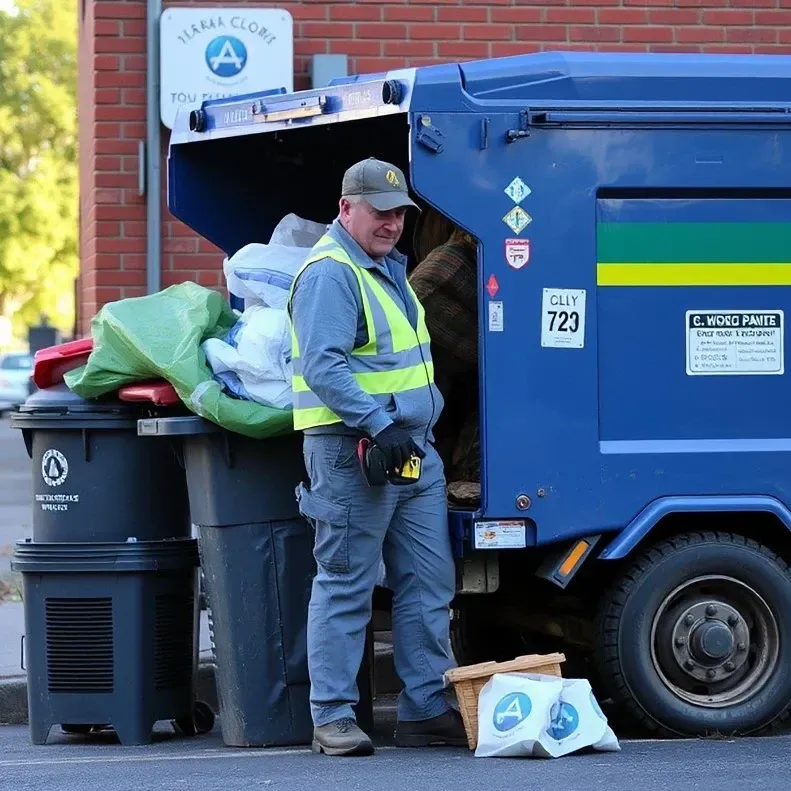
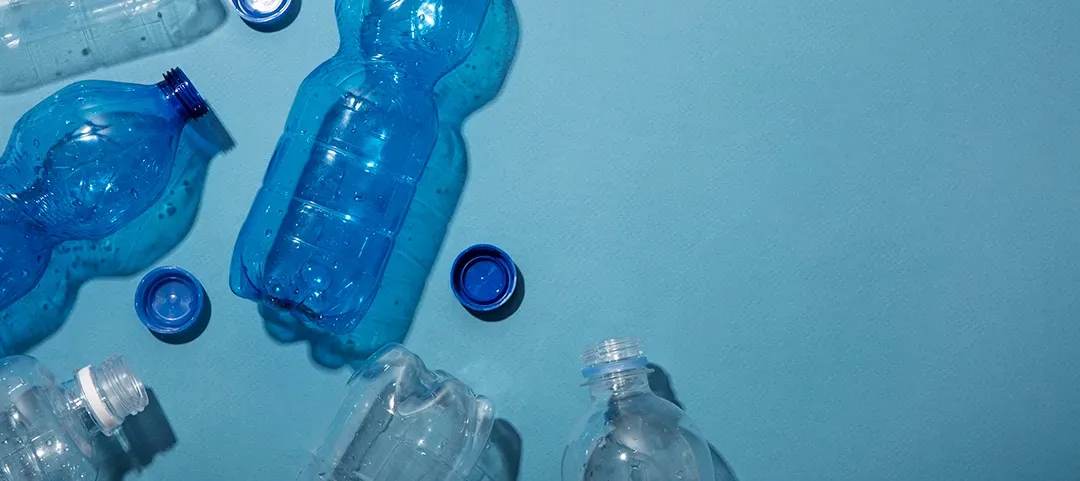
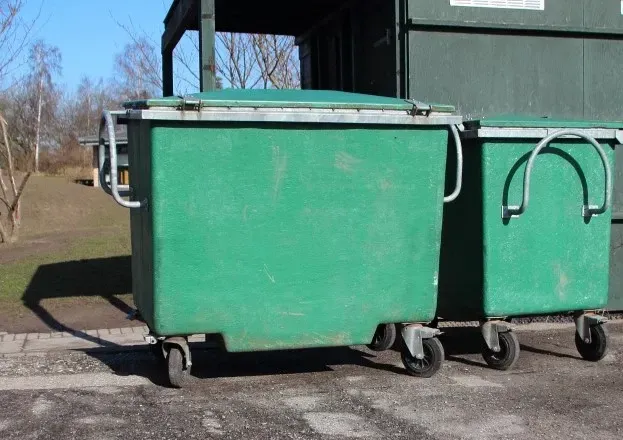
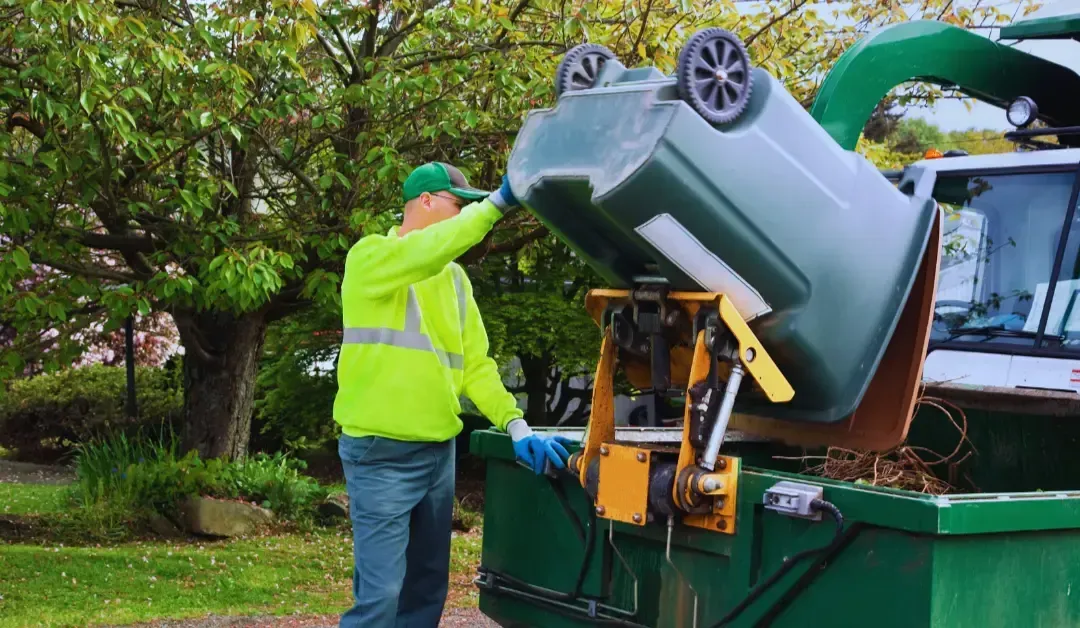
Floresville Waste Management
In the waste management niche, we are dedicated to delivering exceptional service and ensuring your satisfaction with the results. Our team takes great pride in our workmanship and guarantees that you will be pleased with the outcomes of our efforts. Additionally, all our services come with a 100% satisfaction guarantee. If you are not completely satisfied, we will gladly refund your money. We are committed to providing you with top-quality service and exceeding your expectations in the waste management industry.
All Rights Reserved | Floresville Waste Management
Company Info
Phone Number:
830-999-2783

